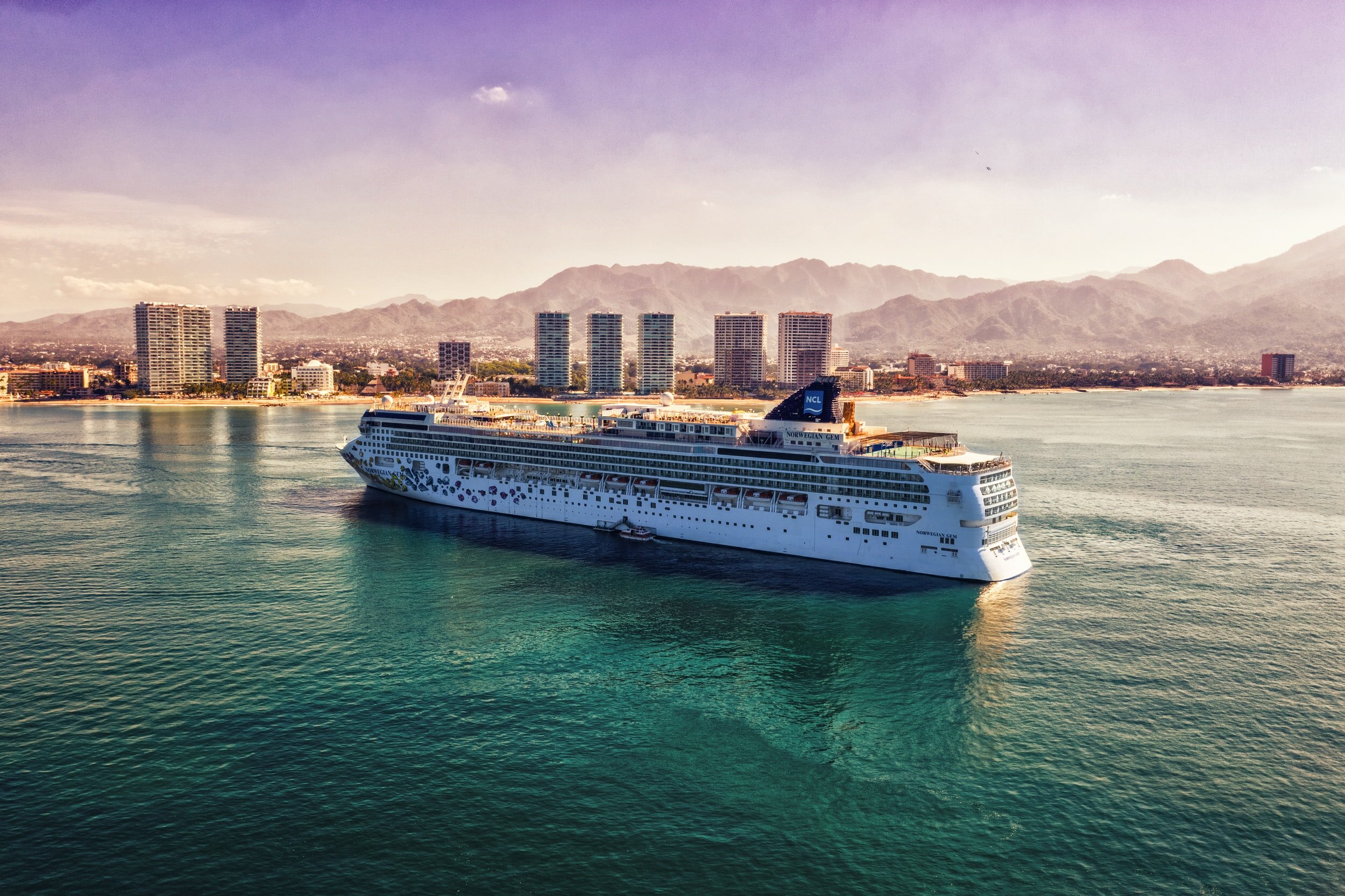
Case Summaries
London Arbitration 1/23
Under a T/C on an amended Asbatime 1981 form, Charterers warranted that their orders would respect the C/P maximum duration, failing which Owners (Clause 119) had the option to refuse an offending order, or to perform it “without prejudice to their right to claim damages, including consequential damages….in case of late redelivery”. Following an admitted late delivery, Charterers argued that damages should be limited to the difference between market and C/P rate for the extended period. However, the Tribunal also awarded Owners the losses they claimed thereafter, arising out of cancellation of the follow-on fixture repositioning the Vessel for a planned dry-docking. The Tribunal found that Clause 119 was an exception to the ordinary measure of damages and that here Charterers were aware at the time of fixing of the importance of timely redelivery due to dry-dock commitments and the commercial likelihood of a repositioning fixture.
London Arbitration 31/22
Charterers instructed Owners to not “allow sampling and discharge” as receivers had not paid. Owners claimed damages for the detention and relied on a provision in the Recap allowing time lost to be reimbursed as damages. Charterers disagreed and argued demurrage was only remedy for failing to complete discharge within time. The Tribunal agreed; the Recap also contained an express term stating “CARGO ANALYSES…IMPORT AND/OR EXPORT FORMALITIES” to count as laytime. This included “cargo sampling” and Charterers’ delayed authorisation. Owners claim for damages failed, but they were entitled to demurrage with laytime running as stipulated in the Recap.
London Arbitration 30/22
Owners claimed demurrage under an amended Asbatankvoy. Charterers challenged the validity of an NOR as tendered via email, a means not listed by Clause 6 “letter, telegraph, wireless or telephone”. “Wireless”, Charterers argued, referred solely to VHF/radio transmission and the Asbatankvoy form pre-dated email. Owners proved that the NOR email had been transmitted via vessel’s wireless communication system (and email existed before the Asbatankvoy). Owners’ claim, thus, succeeded.
London Arbitration 29/22
An amended NYPE c/p specified in its description clause the parameters on which performance warranties were based including winds not exceeding Beaufort 4 and waves not greater then DSS3, no adverse current, no swell. The Tribunal rejected Charterers’ argument that these parameters were negated by a separate weather routing clause, and found that the performance analysis of Charterers’ weather bureaus was inconsistent with the description parameters by (i) the use of ‘significant wave height’ (ii) applying a positive current factor but not recognising an adverse one or swell.
London Arbitration 23/22
Owners settled cargo interests’ claim (heat damaged soybeans) and sought 100% contribution from Time Charterers pursuant to cl.8 of the ICA (incorporated into the C/P) on the basis that there was “clear and irrefutable evidence” that the cargo was loaded with excessive moisture content, thus of Charterers’ neglect. The Tribunal, whilst finding the settlement reasonable (cl.4 ICA), nevertheless awarded Owners just 50%, there being no “clear and irrefutable evidence” of Charterers’ neglect, indeed rain wetting due to Owners’ failure promptly to close hatch covers was equally possible, if not likely.
London Arbitration 20/22
An “Uplift Term” was agreed in c/p (NYPE) under which Owners would supply an additional 200-300 mt delivery bunkers, against increased hire. Owners subsequently supplied 195 mt. Charterers sought a declaration that the minimum quantity had not been supplied and the “Uplift Term” not triggered, whilst Owners argued the “Additional Requirements” clause (defining “abt” as +/- 5%) was applicable. The Tribunal agreed with Owners; the parties intended “abt” to qualify all bunker quantities, its omission a clear mistake the Tribunal had power to correct, and its inclusion necessary for business efficacy.